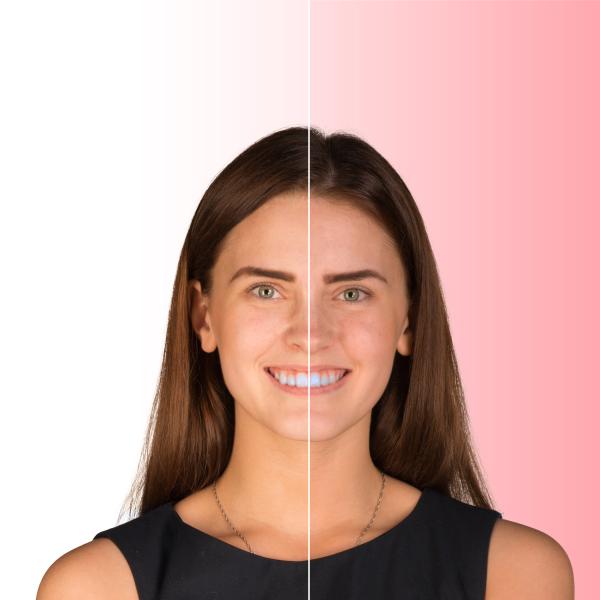Most people have never heard of glutathione (GSH) but for some it has become the latest fad - for skin bleaching, of all things.
Why skin bleaching to become lighter when a whole lot of other people are instead getting spray-on tans? We're not psychologists, we are just here to talk about the health issues.
Glutathione is an antioxidant our bodies produce, a combination of three amino acids — glycine, glutamate and cysteine — which the body packages together. It helps prevent damage to cells by heavy metals, free radicals and such; exogenous GSH, both oral and injectable (intravenous, intramuscular), has been used for a variety of ailments. In the skin, it's thought that the extra GSH can interfere with the production of the pigment melanin — resulting in a lightening of the skin. That's the basis for the fad.
But some concerns have been raised about this use of GSH — especially when administered by an injectable route by unqualified individuals, which is the entire alternative medicine and much of the casual cosmetics community. For example, Dr. Ophelia E. Dadzie, a British dermatologist, associated with Hillingdon Hospitals Uxbridge in the United Kingdom, explains in an editorial in The British Medical Journal that there are few published data on the use of systemic (ie, by oral supplement or injection) GSH for skin bleaching. Small studies indicate that oral GSH plus other antioxidants demonstrated some skin lightening effects, but like any in-house trials of companies selling unverified treatments, it's marketing, not science.
And, she notes, "To date there are no published clinical trials that have evaluated the use of parenteral [injectable] glutathione for skin bleaching. There are also no published guidelines for appropriate dosing regimes, or guidance for treatment duration when using this agent in this setting."
There is unknown validity and some known adverse effects with IV GSH. Those include toxic effects on the liver, kidneys, and nervous system. Also of concern is the possibility of Steven Johnson syndrome, in which the top layer of the skin dies and is shed — a medical emergency.
Of course, improper use of IV equipment, especially if it is not sterile, can transmit a wide variety of infectious agents, such as HIV and hepatitis. Such problems are more likely when an injectable treatment is administered in beauty clinics - and that's where this fad is primarily going to be done.
In the United States, the FDA warns that there are no injectable products approved to lighten skin - none.
So if you're thinking about trying GSH for skin lightening, don't, embrace who you are, but if you are determined to do it anyway, avoid the injectable form, no matter what someone selling you something claims. Remember, that like all supplements, the oral variety is not subject to review and approval by the FDA.




